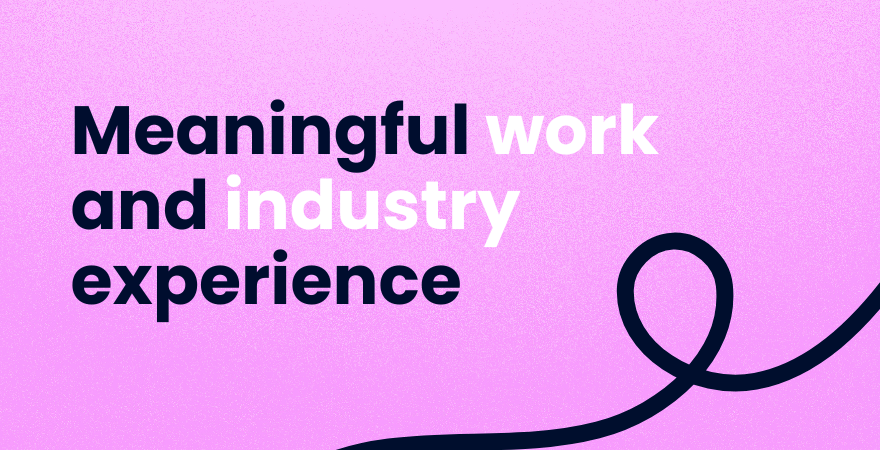
Learning at Work Week is an opportunity to reflect on the importance of supporting all learners, and particularly those furthest away from the labour market, to access meaningful experiences in the world of work. For me, it is the word ‘meaningful’ that is critical. Experience should be linked to the individual learner’s aspirations, goals, education pathway and career ambitions. I accept that there is absolutely value to be gained in any and all experiences; learners can take something away from any work placement, particularly around softer skills and independent working. However, if work experiences are to meaningfully support a learner on their pathway to employment, then the experience itself must be equally meaningful.
For many schools and colleges, work experience has long been a central feature of the curriculum. However, sourcing enough placements, especially tailored, high-quality ones, is increasingly difficult. Employers often face resource constraints, limited staff capacity to supervise learners, and sometimes overwhelmed with the different types of programmes and experiences they are being asked to support. This is a particular challenge for small and medium sized employers (SMEs) who make up the dominant employer type within specific industries. Education providers can face similar changes with resourcing (seemingly endless need to evidence employer engagement and providing occupational specific advice/guidance), timetabling and supporting individual learners to get the most from their placements.
As the demand for work experience grows, so too does the gap between expectation and reality. This is particularly stark for learners who require more structured, supported environments to engage and thrive.
Is it time to reflect on broadening our approach?
Work Experience typically refers to short-term, hands-on placements where learners perform tasks or shadow staff in a real-world setting. These placements help learners understand workplace expectations, develop or raise awareness of generic employability skills, and build confidence. They can be longer placements (e.g., T-Levels and supported internships) where learners will be taught and supported to undertake a specific role within the workplace.
Industry Experience, by contrast, is a broader and more flexible concept. It can include employer-led projects, virtual tours, expert talks, job-shadowing, simulation-based tasks, and enterprise challenges. These experiences offer insights into specific sectors or roles without requiring the same logistical commitments as traditional work placements.
This isn’t an either/or proposal. Both work experience and industry experience can play a meaningful part in careers education. As an example, work experience may be most beneficial for learners who are close to entering the workforce and can benefit from immersion in a working environment, whereas industry experience is ideal for younger learners, those exploring different sectors, or individuals who may need a more structured approach to developing career awareness. The latter also arguably provides learners with a greater appreciation of the scope of an occupation or work role by nature of the potential diversity of opportunities and perspectives.
For learners with disabilities, a blended transitional approach that scaffolds learning could be key - starting with industry exposure and moving towards structured work placements. This sustained engagement with the world of work and building of skills across different experiences can support increased outcomes.
This shift aligns closely with the updated Gatsby Benchmarks, which now place greater emphasis on inclusive, progressive, and flexible engagement with employers across a range of formats. The updated guidance recognises industry experience, including virtual, project-based, and supported formats, as meaningful preparation for work, particularly for learners with SEND and those furthest from the labour market.
Having previously worked on supported internships in Greater Manchester, I am always conscious of the learning we can take from the supported employment model and the applications we could make across the curriculum to support careers education.
The supported employment model is centred on personalisation (matching opportunities to a learner’s interests and skills), job carving (designing roles that align with individual strengths), on-the-job support (using job coaches or mentors to aid transition), and empowering employers (providing training and confidence to host diverse learners).
These practices don’t just benefit learners, irrespective of their individual needs, they enhance employer understanding, build inclusive workplace cultures, and lead to better outcomes across the board.
This Learning at Work Week, let's challenge ourselves to broaden what we mean by ‘work experience’. Let’s build diverse, inclusive, and flexible industry experiences that benefit all learners, and empower employers to play a meaningful role by widening their opportunities to engage with our learners.
By recognising the continuum from industry exposure to supported work placements, we can create richer, more accessible career pathways that ultimately support our leaners on their pathway to meaningful careers.
